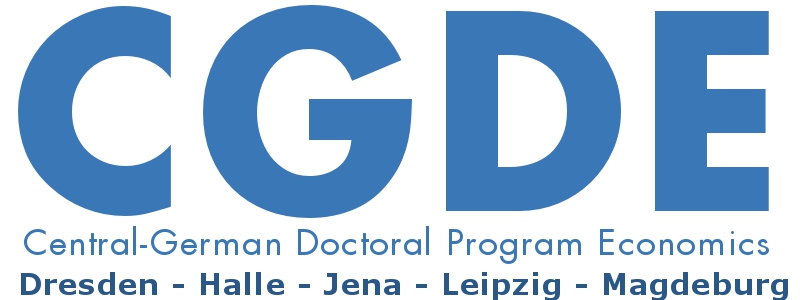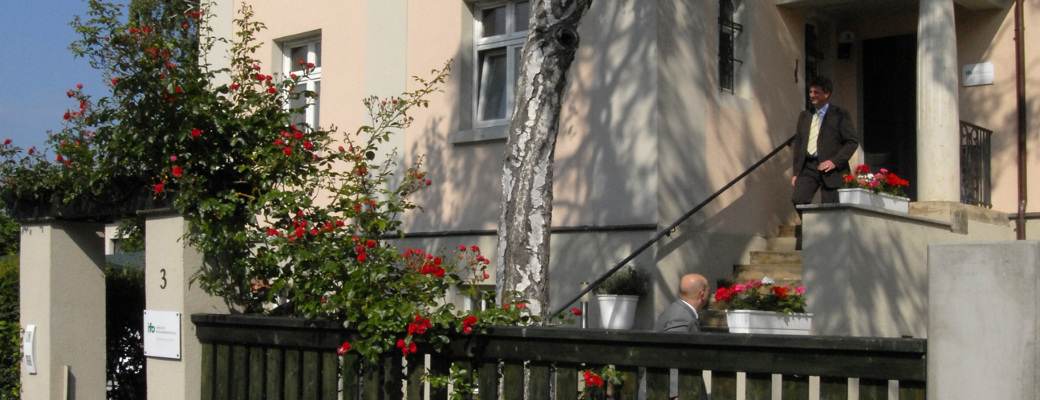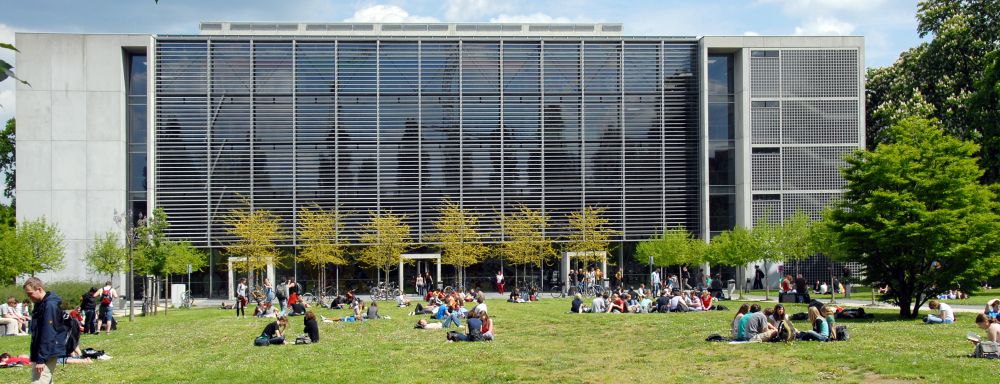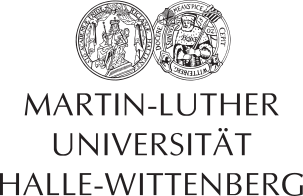Special Courses
The knowledge problem in climate policy
Lecturer: Prof. Dr. Sigve Tjøtta (University of Bergen)
Date: April, 4 2013 – April, 8 2013 (TU Dresden)
Venue: TU Dresden
Registration: yvonne.bludau@tu-dresden.de
Standard economic theory underlying climate change policy is based on welfare economic theory and theory of externality in particular. In this standard approach the goal is to design policies that would be set by a decision-maker acting on behalf of the community as whole. For example by taxing negative externalities or establishing emissions markets. In these lectures, I offer some alternative approaches or lens to see this planning problem. These approaches are based on the idea that the basic economic problem of society “is a problem of the utilization of knowledge not given to anyone in its totality.”
Schedule:
Thu, April 4, 2pm-4pm, SCH B 037
Fri, April 4, 2pm-4pm, SCH B 037
Mon, April 8, 2pm-4pm, SCH B 037
Reading list:
[1] Buchanan, James M. (1969) Cost and Choice: An Inquiry in Economic Theory. Free downloadable at Library of Economics and Liberty http://www.econlib.org/library/Buchanan/buchCv6.html).
[2] Coase, Ronald (1960) The problem of Social Cost. The Journal of Law and Economics 3, 1-44.
[3] Hayek, Fredrich A. (1945) The Use of Knowledge in Society. The American Economic Review 35(4), 519-530.
[4] Ostrom, Elinor (2009) “A polycentric approach for coping with climate change” Report prepared for World Bank http://papers.ssrn.com/sol3/papers.cfm?abstract_id=1934353.
Short essay as requirement for a certificate
For any comments or any other issues that concern the seminar please email sigve.tjotta@econ.uib.no.























